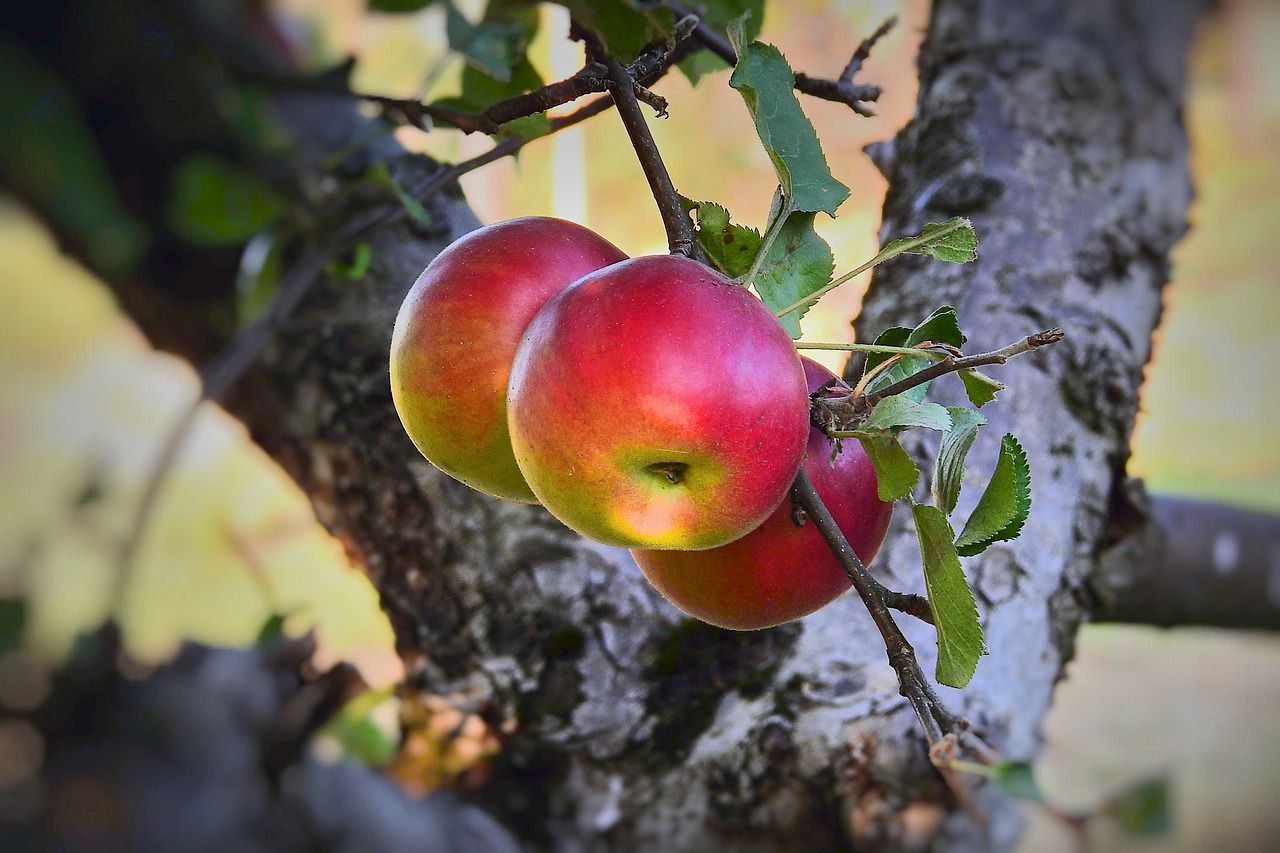Most people assume that planting fruit trees should only happen in spring, but it's not always true.
Planting apple trees in the fall has several advantages that contribute to their successful establishment and growth.
Let's find out more.
Root Growth
During the fall, even after the leaves have fallen, the soil is still warm, which encourages root growth.
Planting in the fall allows the apple tree's roots to establish themselves in the soil before winter sets in, giving them a head start for the next growing season.

Less Stress
Cooler temperatures and reduced sun exposure in the fall can minimize stress on the tree as it acclimates to its new environment.
This can result in less transplant shock and a smoother transition.
Ample Moisture
Fall typically brings more consistent rainfall, providing natural irrigation to newly planted trees.
The moisture helps roots develop and prevents the tree from becoming too dry during its initial growth phase.
Reduced Competition
In the fall, many annual plants have completed their life cycles and are no longer competing for resources.
This gives newly planted apple trees a better chance to establish their root systems without having to compete for nutrients and water.
No Immediate Fruiting Pressure
Apple trees planted in the fall have several months to focus on root development before the next growing season.
This can result in stronger and healthier trees that are better equipped to produce fruit in the following years.









